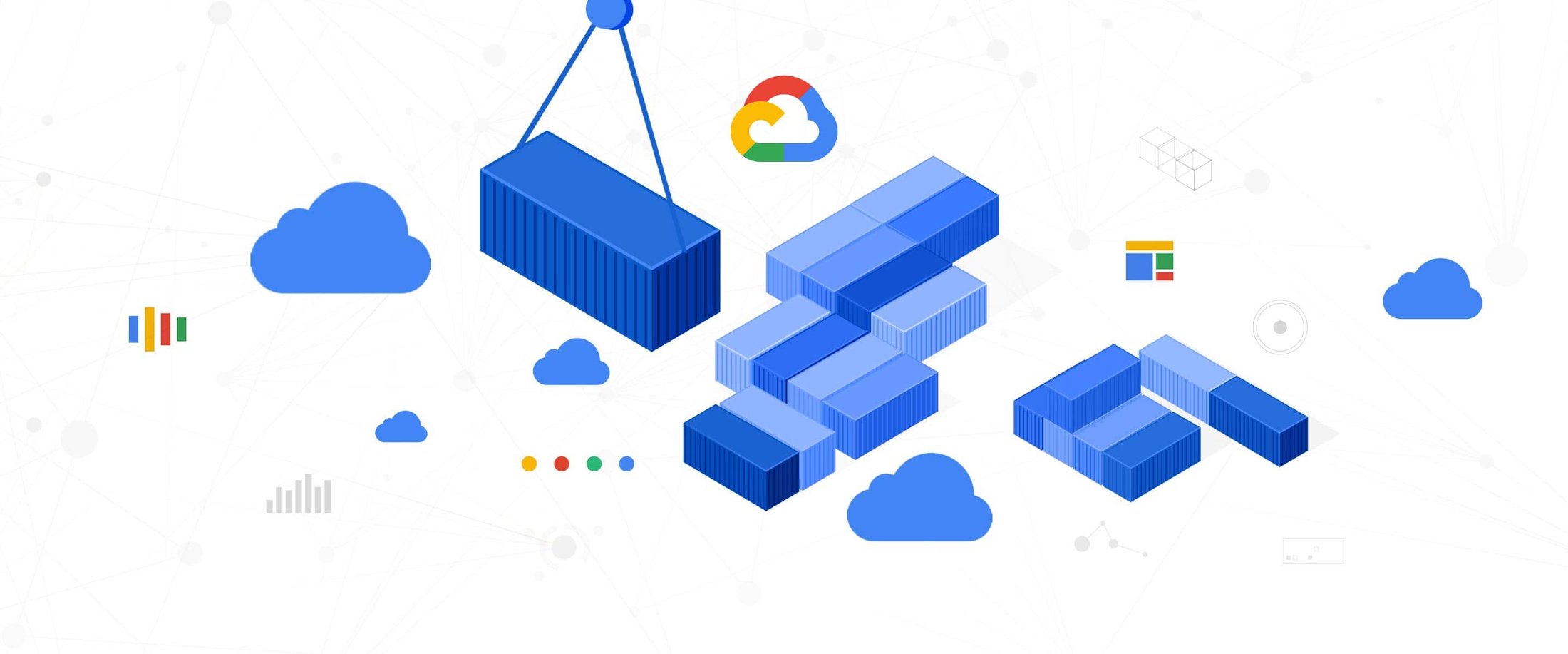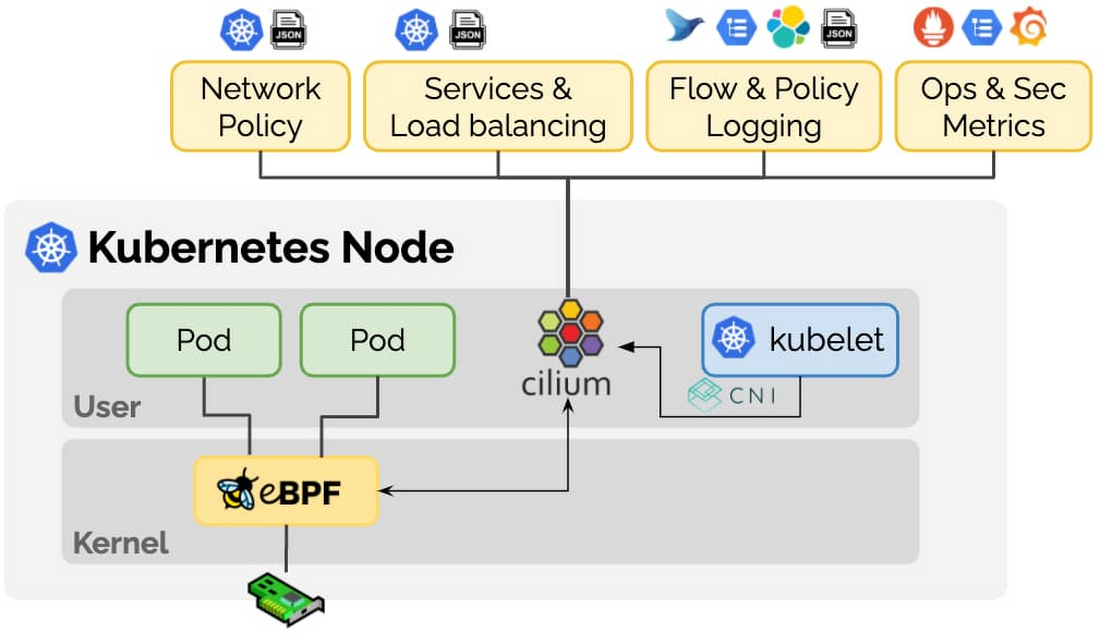One of Kubernetes’ true superpowers is its developer-first networking model. It provides easy-to-use features such as L3/L4 services and L7 ingress to bring traffic into your cluster as well as network policies for isolating multi-tenant workloads. As more and more enterprises adopt Kubernetes, the gamut of use cases is widening with new requirements around multi-cloud, security, visibility and scalability. In addition, new technologies such as service mesh and serverless demand more customization from the underlying Kubernetes layer. These new requirements all have something in common: they need a more programmable dataplane that can perform Kubernetes-aware packet manipulations without sacrificing performance.
Enter Extended Berkeley Packet Filter (eBPF), a new Linux networking paradigm that exposes programmable hooks to the network stack inside the Linux kernel. The ability to enrich the kernel with user-space information—without jumping back and forth between user and kernel spaces—enables context-aware operations on network packets at high speeds.
Today, we’re introducing GKE Dataplane V2, an opinionated dataplane that harnesses the power of eBPF and Cilium, an open source project that makes the Linux kernel Kubernetes-aware using eBPF. Now in beta, we’re also using Dataplane V2 to bring Kubernetes Network Policy logging to Google Kubernetes Engine (GKE).
What are eBPF and Cilium?
eBPF is a revolutionary technology that can run sandboxed programs in the Linux kernel without recompiling the kernel or loading kernel modules. Over the last few years, eBPF has become the standard way to address problems that previously relied on kernel changes or kernel modules. In addition, eBPF has resulted in the development of a completely new generation of tooling in areas such as networking, security, and application profiling. These tools no longer rely on existing kernel functionality but instead actively reprogram runtime behavior, all without compromising execution efficiency or safety.
Cilium is an open source project that has been designed on top of eBPF to address the new scalability, security and visibility requirements of container workloads. Cilium goes beyond a traditional Container Networking Interface (CNI) to provide service resolution, policy enforcement and much more as seen in the picture below.
The Cilium community has put in a tremendous amount of effort to bootstrap the Cilium project, which is the most mature eBPF implementation for Kubernetes out there. We at Google actively contribute to the Cilium project, so that the entire Kubernetes community can leverage the advances we are making with eBPF.
#networking #open source #google cloud platform #developers #kubernetes

